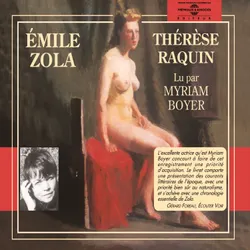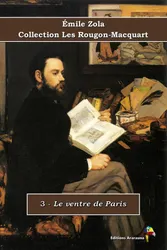In "The Soil" (La terre), Émile Zola offers a poignant exploration of rural life in 19th-century France, intricately weaving together themes of agrarian struggle, familial loyalty, and the inextricable bond between man and land. As a pivotal work in Zola's Rougon-Macquart series, this novel immerses readers in the lives of the impoverished peasants of the Beauce region, employing a naturalistic style that emphasizes the harsh realities of their existence. Zola's vivid prose and meticulous attention to environmental detail reflect his commitment to portraying the socio-economic influences that shape human fate, revealing the tensions between tradition, progress, and the brutality of nature itself. Émile Zola, a leading figure in the Naturalism literary movement, was deeply influenced by the socio-political climate of his time, particularly the struggles of the working class and the impacts of industrialization. His background as a journalist informed his acute social awareness and dedication to realism, allowing him to draw on both personal observation and broader historical narratives. Zola's childhood in rural France and his advocacy for social reform further inspired his depictions of agrarian life, making "The Soil" a profound reflection on humanity's relationship with the land. For readers seeking an insightful examination of the human condition against the backdrop of nature and societal change, "The Soil" is an essential read. Zola's compelling narrative invites us to ponder the complexities of life, urging us to confront both the beauty and the harshness of existence. This novel not only enriches our understanding of French literature but also resonates with universal themes that remain relevant today.

Thérèse Raquin
Émile Zola
audiobookbook
La Fortune des Rougon
Émile Zola
book
J'accuse !
Émile Zola
audiobookbook
Thérèse Raquin
Émile Zola
audiobookbook
Germinal
Émile Zola
audiobookbook
Emile Zola - J'accuse
Émile Zola, Tatiana de Rosnay
audiobook
Les Rougon-Macquart (Série Intégrale) : La Collection Intégrale des ROUGON-MACQUART (20 titres)
Émile Zola
book
Thérèse Raquin
Émile Zola
audiobookbook
La joie de vivre
Émile Zola
book
Thérèse Raquin
Émile Zola
book
Le ventre de Paris
Émile Zola
book
Au Bonheur des dames
Émile Zola
book
